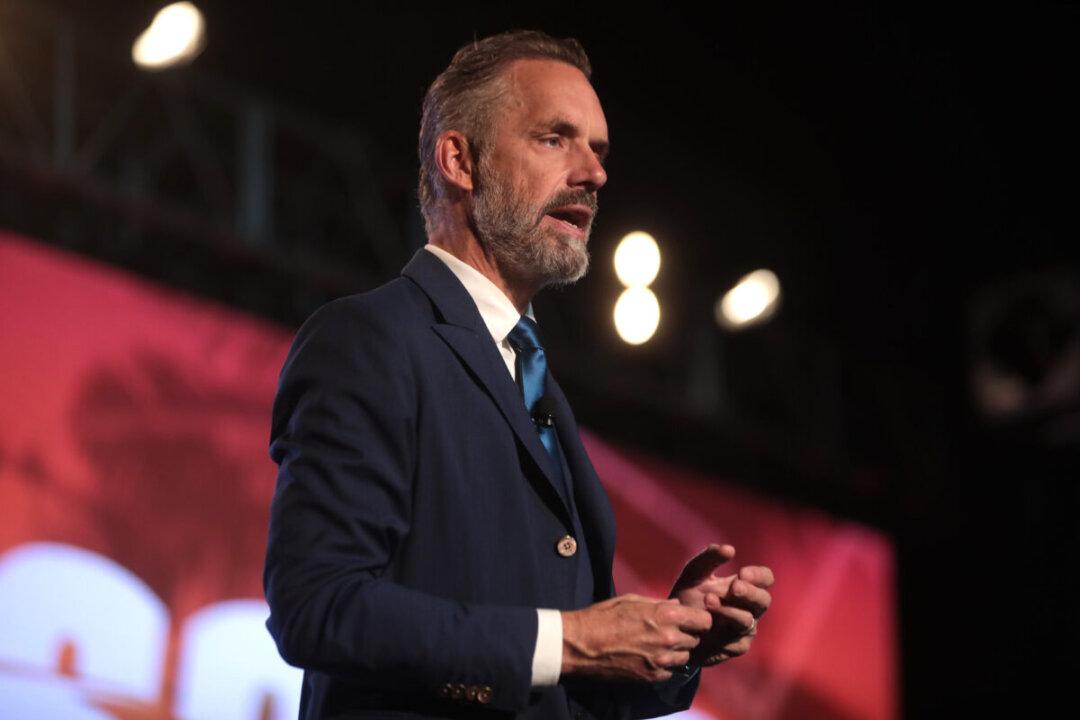An Ontario court has ruled against psychologist and author Jordan Peterson, upholding a regulatory body’s previous order that he undergo social media training.
Mr. Peterson, who is a professor emeritus in the University of Toronto Psychology department, was ordered by the College of Psychologists of Ontario (CPO) in November 2022 to undergo a coaching program on professionalism in public statements following a series of online comments by Mr. Peterson it saw as controversial.





